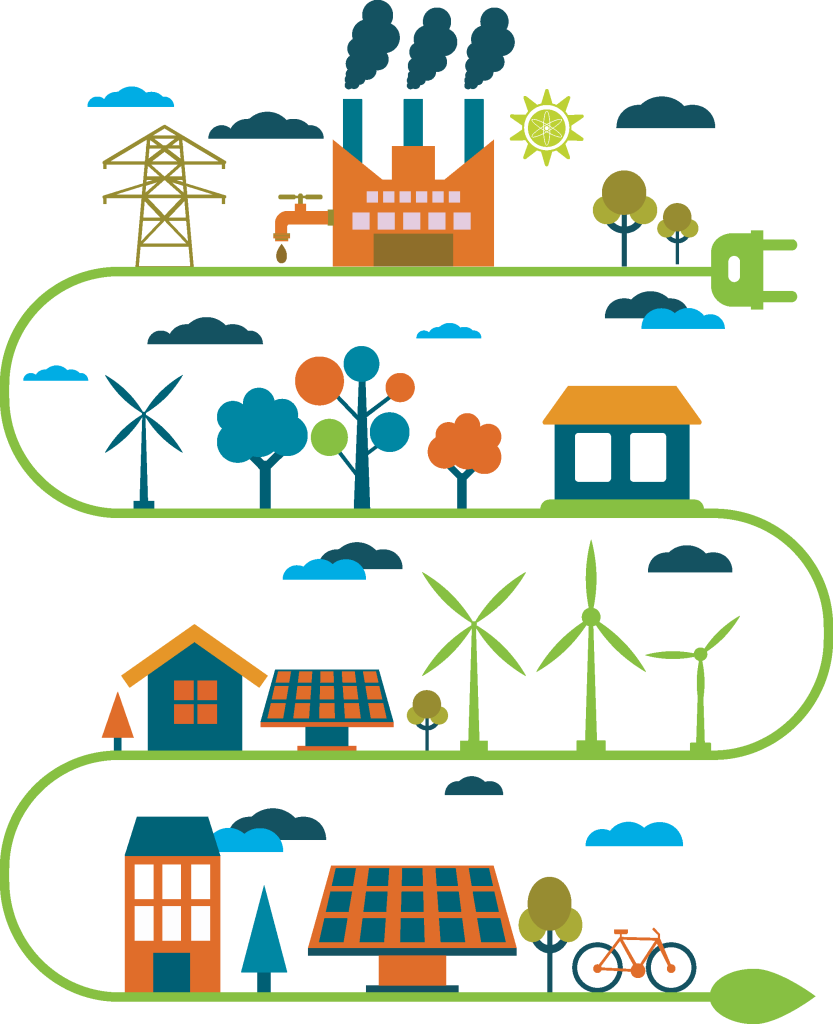What are the economic implications of the energy transition?
The energy transition has multiple impacts on the economy, and here are some of the main aspects:
Jobs: Energy transitions often create new jobs. The growth of the renewable energy industry has contributed to the growth of green energy jobs, including the installation, operation and manufacturing of solar and wind power. At the same time, the energy transition also requires research, development and deployment of new technologies, which will promote innovation and job growth in related fields.
Economic growth: The energy transition can drive economic growth, especially in the field of renewable energy. The development of the renewable energy industry has led to the growth of related industrial chains, such as the manufacturing of solar panels and wind turbines, grid upgrades and the development of energy storage technologies. Expansion and investment activities in these industries help stimulate economic growth and job creation.
Energy costs and energy security: The energy transition may have an impact on energy costs. Although the transition may require large investments at first, the cost of renewable energy is gradually becoming competitive as renewable energy technology advances and costs decrease. This helps reduce dependence on imported energy, improve energy security, and reduce the volatility of energy prices.

Environmental benefits: The energy transition helps reduce greenhouse gas emissions and the release of other pollutants, thereby improving environmental quality and health. By reducing dependence on traditional energy sources, the energy transition contributes to combating climate change and reducing environmental pollution, creating better conditions for sustainable development.
Resource diversification: The Energy transition helps to diversify energy resources. Traditional energy mainly relies on limited fossil fuel resources, and energy transformation can promote the development and utilization of renewable energy and reduce the dependence on limited resources. Such resource diversification can increase the stability of energy supplies and reduce the risk to specific energy sources.

It should be noted that the energy transition may have a certain impact on the traditional energy industry. In the process of transformation, some traditional energy industries may face difficulties and need to adapt to new market demands and technological changes. Therefore, in order to achieve a smooth energy transition, appropriate policies and measures are needed to promote industrial transformation and transformation as well as ensure the transfer of job opportunities and social equity.




